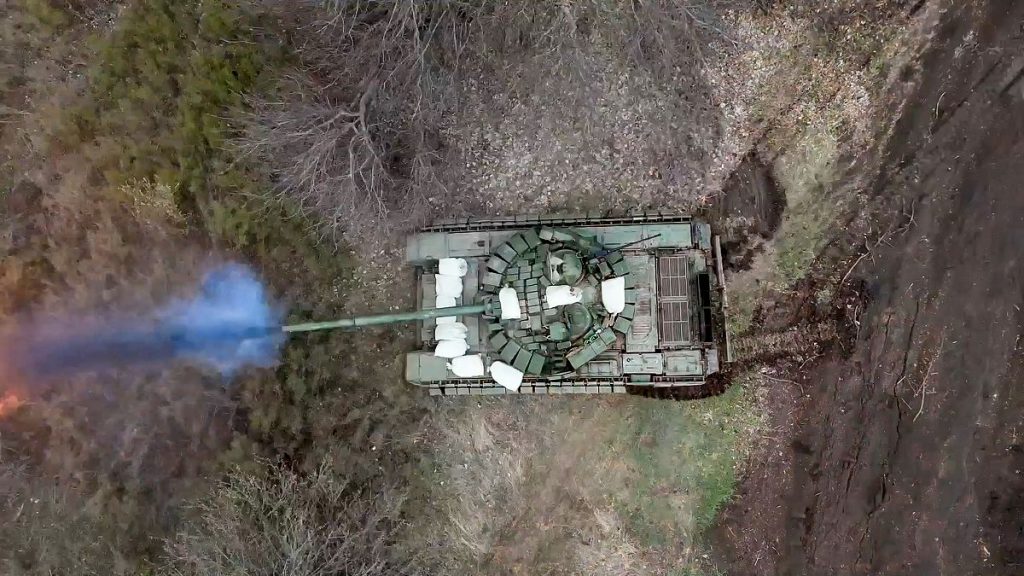A study by Bruegel and the Kyiv School of Economics Institute found that Western battlefield weapons are still reaching Moscow, despite sanctions imposed on Russia for invading Ukraine. The European financial sector is hesitant about taking on the responsibility of monitoring the arms supply chain. The EU is considering strengthening sanctions on Russia, but some analysts are questioning if a wider shift in approach is needed to combat the flow of weapons to Russia. Despite Western sanctions, Russian imports of battlefield equipment have surged since mid-2022, with $12.5 billion worth of goods acquired in 2023. Companies from Australia, Canada, the EU, Japan, Taiwan, and the US are supplying these goods, despite export controls.
In 2021, direct shipments from countries imposing sanctions accounted for over half of Russia’s imports of war materials, but this figure dropped significantly after the war, with exports from mainland China increasing to cover 56.3% of Moscow’s needs. Russia utilized countries like Hong Kong, Turkey, and the United Arab Emirates to bypass Western sanctions, while countries like Armenia, Georgia, Kazakhstan, and the Kyrgyz Republic saw increased imports from the EU. However, 95% of foreign parts in Russian weapons were from countries imposing sanctions, with 72% from US companies alone. This shows that export controls are not effectively preventing critical technology from reaching the Kremlin, but Russia is struggling to find substitutes for Western high-technology goods.
Bruegel has suggested that EU banks could play a role in preventing the export of sensitive military equipment by monitoring trade in export-controlled goods and blocking illicit transactions. Banks have access to the necessary information to trace the trade in these goods and have experience in stopping money laundering and terrorist financing. The proposal includes companies conducting a comprehensive mapping of supply chains and identifying potential red flags, although this process would be costly and burdensome. Changing the incentive structure would be necessary to ensure compliance, with hefty fines for non-compliance and rewards for adherence.
Banks are committed to complying with sanctions regimes, but identifying cases of sanctions-busting is challenging. A spokesperson for the European Banking Federation emphasized that finding such cases is akin to finding a needle in a haystack, and there are no systematic approaches to achieve this. The report from Bruegel implied that significant changes are needed to increase the likelihood of detecting illicit transactions and behavior. Regulators may need to enhance oversight and provide clearer guidelines to help banks effectively monitor and enforce export controls on sensitive military equipment. The ongoing flow of Western battlefield weapons to Moscow underscores the urgency of addressing these challenges to prevent further escalation of conflict.


